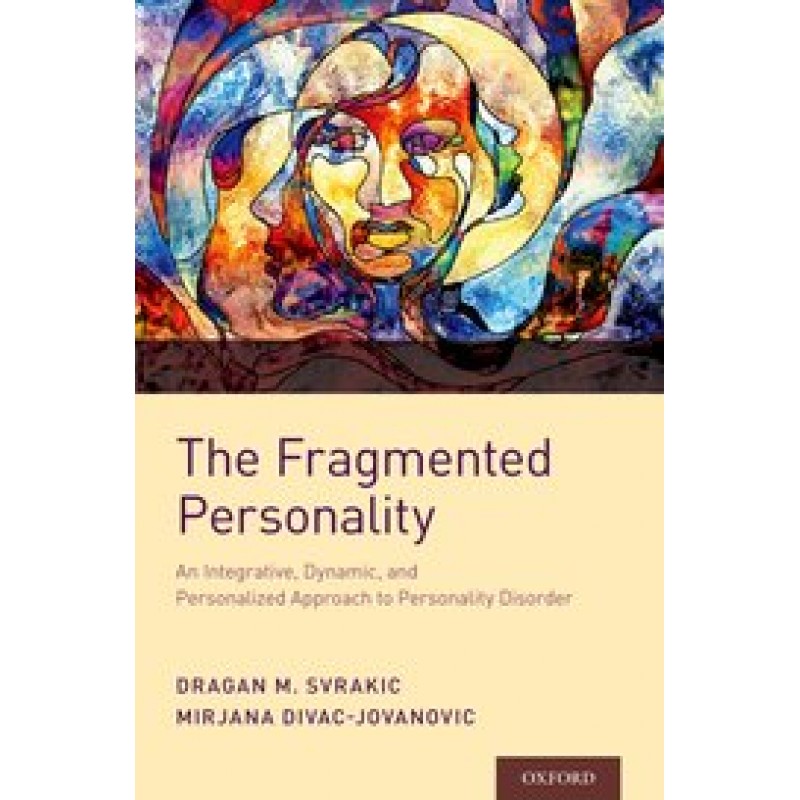The Fragmented Personality
- ISBN: 9780190884574
- Εκδότης: Oxford University Press
- Σελίδες: 360
- Διαστάσεις: 235x156mm
- Έτος Έκδοσης: 2019
51,00€
Χωρίς ΦΠΑ: 48,11€



